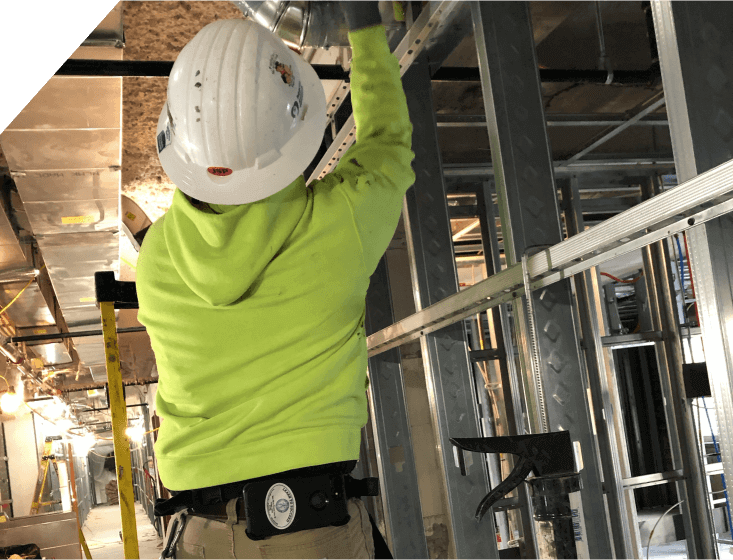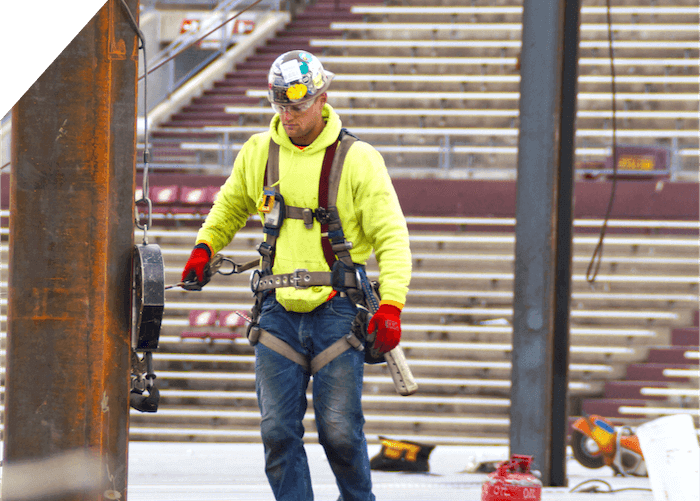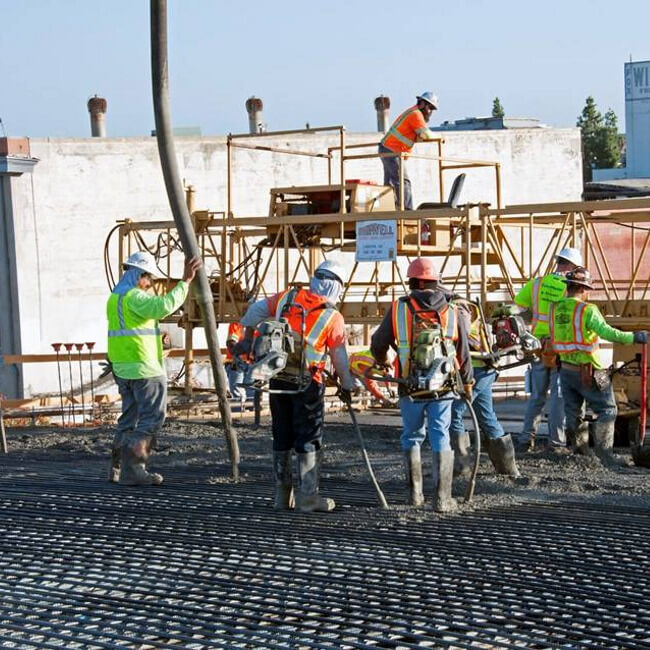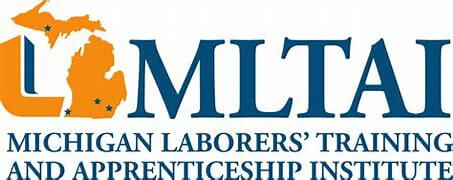Skilled tradespeople have built entire communities - from streets, highways and bridges, to homes, schools and hospitals. They are creative individuals who like to work with both their minds and their hands. They enjoy physical activity, working with a variety of tools, and they like to work as a team.
Education and Training
Skilled tradespeople need academic knowledge as well as technical skills. Tradespeople start their work by using science and mathematics to make detailed measurements. They must be able to understand and then build the project from blueprints, sketches and technical manuals. Good communication skills are essential, too.
Men and women in the skilled trades are commonly called “journeymen”. Journeymen usually learn their trade through a process called an apprenticeship. Apprentices are required to take technical courses after high school in apprenticeship programs that typically lasts three to five years. They also work and receive specific on-the-job training under the supervision of a journeyman.

Tips for Students Interested in a Skilled Trades Construction Career
- Do well in mathematics and science
- Take technology courses, especially those that are construction related such as CAD, welding etc.
- Acquire related work skills in a high school building program
- Learn to speak and write clearly
- Maintain good grades and attendance
- Choose extra-curricular activities that provide exposure to trade-related areas
Rewards of Skilled Trades Careers in the Construction Industry
- Challenge: Solve new problems every day on many types of structures
- Pride: See the buildings you constructed stand for years to come
- Income: Earn wages similar to many college graduates, along with great fringe benefits
- Job Growth: The US Bureau of Labor Statistics projects faster than average growth in the construction industry compared to other industries
- Earn While You Learn: As an apprentice, work and earn great pay and benefits while you learn
- No Tuition: Generally pay no tuition for apprenticeship programs and have no student loans to repay
- College Credits: Some apprenticeship programs are coordinated with associate degree programs, and if you decide to go to college later your apprenticeship may provide college credits
- Mobility: Choose to work anywhere in the U.S. with your skills and credentials that are nationally recognized
- Job Security: Skilled Trades jobs can’t be outsourced to another country
- Broad Choice of Trades: Bricklayer, Boilermaker, Carpenter, Cement Mason, Electrician, Glazier, Heat & Frost Insulator, Iron Worker, Laborer, Millwright, Operating Engineer, Painter, Plumber/Pipe-fitter, Roofer, Sheet Metal Worker, Sprinkler Fitter, Tile Setter … and many more!

SALARIES IN SKILLED TRADE CONSTRUCTION CAREERS
Skilled trades journeymen earn great salaries that are competitive with those earned by individuals with a bachelor's degree. In addition, skilled tradespeople are often provided with extensive fringe benefits including health insurance and pensions. Apprentices also receive these benefits. But the best part is that all the training in an apprenticeship program is FREE and you are earning while you are learning!
For more information on wages, employment outlook, and education requirements, visit the U.S. Bureau of Labor Statistics website.
Connect and Explore Careers with our Union Partners
Visit www.MUSTcareers.org for information on the additional individual trades and their apprenticeship programs.


